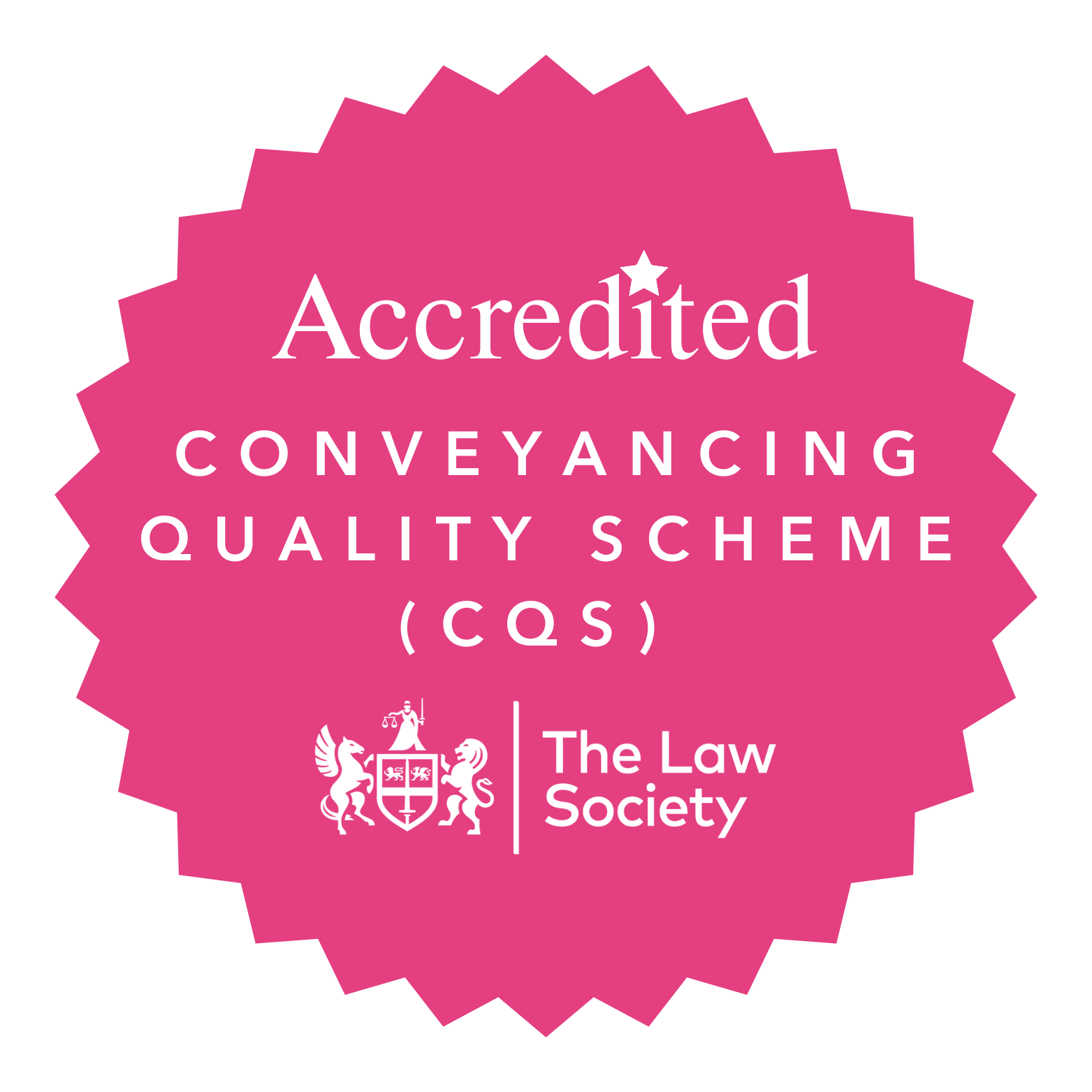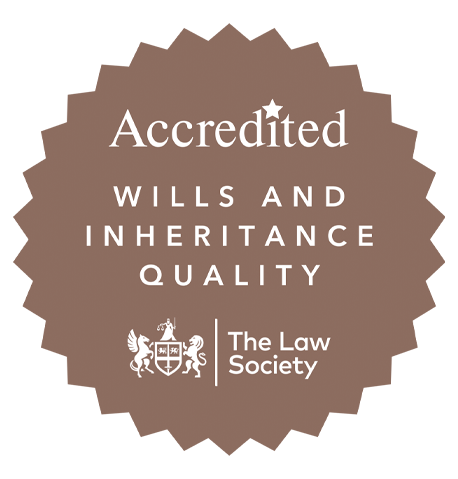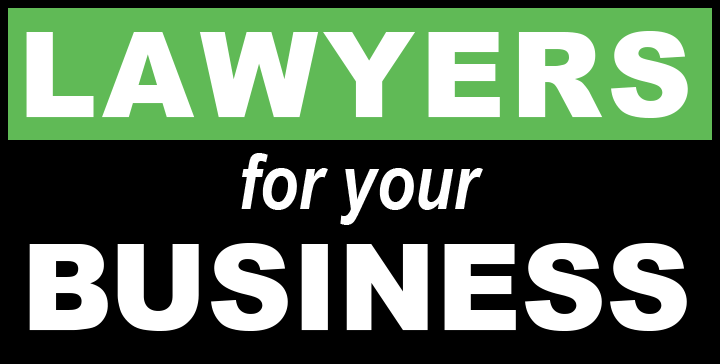For most people, the buying of a new home or the selling of an existing property can be one of the most stressful times of their life (apparently only divorce comes higher) and our Residential Property Team understands this. They also see the value of communicating with everyone involved and of acting quickly so there are no delays and, most importantly, in providing a value for money service.
What is conveyancing?
Conveyancing is the legal transfer of property from one owner to another. The conveyancing process, if properly carried out,ensure that the purchaser actually owns all the property, land and rights that have been paid for.
What is involved when selling my property?
The legal processes involved in selling a property are relatively straightforward. Here at Scott Rowe we will:
- Help you organise an Energy Performance Certificate (EPC), which must be done within 28 days of the house going on the market, if you do not already have one
- Obtain the deeds from you mortgage lender (if you have one)
- Send a draft Contract to the buyer's legal advisor and answer enquiries raised
- Obtain an up-to-date redemption figure for you mortgage (if you have one)
- Redeem the mortgage and send the net proceeds of the sale to you (or put them towards the purchase of your new property)
What is involved when buying a property?
When it comes to buying a property things can be more complicated. This is because here we will be seeking to ensure that the property you buy does not involve you in any unforeseen disputes over rights of way, boundaries, fences, restrictive covenants, road charges or other legal entanglements.
We begin the process by obtaining the relevant searches for the property you wish to buy. The Local Authority search establishes whether there are to be any public works affecting the property (such as motorway schemes) and whether there are any planning restrictions. The information obtained relates ONLY to the property being purchased and not to the neighbourhood in general. We would also normally recommend Water and Drainage enquiries and an Environmental search, which will generally indicate if further searches are required. These are compulsory searches if you are taking out a mortgage on the property. We will then advise you if we feel that further searches are necessary in order to ensure that there are no nasty surprises later on!
Once we have received the contract from the seller's solicitor, we check through the documentation and raise any specific queries. The next steps are:
Surveyor's Report
The building society valuation report is simply that. It is not a full structural survey and it is not certain to uncover defects in the property. If the property that you are buying is not newly-built, we would recommend that you appoint a surveyor to prepare a suitable report for the property you are buying. If significant defects are found, it may be possible to negotiate a lower price with the seller.
Receipt of mortgage offer
Written confirmation of the mortgage advance will be received from the bank or building society.
Exchange of Contracts
This takes place once you are satisfied that this is the right property for you and everyone in the chain is ready. On exchange of contracts the full deposit is usually paid (usually 5-10% of the selling price). Once contracts have been exchanged, the sale is legally binding.
Receipt of mortgage funds
We receive the funds from your bank or building society.
Completion
The full purchase price is paid, ownership is transferred to you and you can then collect the keys! After completion we continue to act on your behalf, ensuring that Stamp Duty Land Tax is paid and that the Title to the property is properly registered at the Land Registry.
The majority of property purchases proceed without complications but we have the expertise necessary to advise you should any problems arise.
What other things should i consider when buying a property?
Buying a property may introduce other related legal matters. For example:
- If you are buying a home with someone you are not married to, you may need to enter into a 'Deed of Trust' to set out what share of the property each person owns;
- If you do not have a Will, you should consider making one; and
- If you do have a Will, you may have to update it
In all cases we can offer you legal advice as part of a complete professional service.
Make an enquiry
To discover more about how our conveyancing solicitors can help you, please make a no obligation enquiry by either calling us on 01297 32345 or by making a free online enquiry.







